By Desmond Nana Akuoko Bress-Biney & S. Adom Anorkwah

Introduction
Ghana’s prison system is in urgent need of reform. The Ghana Prisons Service, in its 2022 report, revealed that the inmate population had surged to 14,097, significantly exceeding the national authorized capacity of 9,945. Overcrowding remains a chronic issue, placing enormous pressure on resources and leading to deteriorating conditions for both inmates and staff. Currently, Ghana’s correctional system is largely punitive, with minimal emphasis on rehabilitation or economic productivity. This approach not only drains state resources but also contributes to high recidivism rates as former inmates struggle to reintegrate into society. Intrinsically, the nature of criminal justice lies in the essence of societal welfare, whether from the perspective of the offender or the rest of society. As such, the rationale for executing state-sanctioned coercion requires a level of validation that promotes the welfare of offenders in custody and post-custody.
Legal principles governing punishment with heavy reliance on Jeremy Bentham’s concept of Utilitarianism embrace reformation and rehabilitation. As such, the state must consciously initiate efforts towards transforming offenders into suitable individuals for a smooth reintegration into society after prison terms. The laws of Ghana, specifically section 1 of the Prisons Service Act 1972 (NRCD 46) state that “it shall be the duty of the Prisons Service to undertake reformation and rehabilitation of prisoners”. Re-echoed in the case Abu v. Republic (1980), Ghana Law Report 294, the court posited that “the rehabilitative principle in sentencing seems to be aimed at rehabilitating persons who have gone astray and who seem to have personality deficiencies inclining them to a life of crime but who have nevertheless revealed tendencies conducive to reformation”.
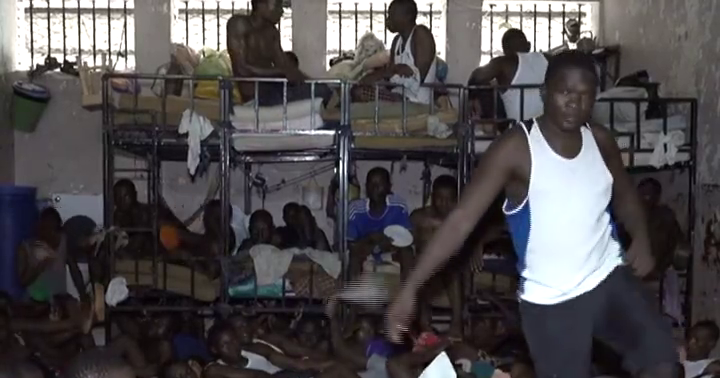
A transformative solution lies in the development of prison enterprises – structured programs that engage inmates in meaningful work, vocational training, and revenue-generating activities. This model has been successfully implemented in countries such as Norway, Zambia, the United States, and Germany, demonstrating its potential to reduce recidivism, generate economic value, and improve prison conditions. If properly implemented, prison enterprises could become a significant force in addressing Ghana’s infrastructural deficit while transforming correctional facilities into centres of economic productivity.
The effectiveness of prison enterprises in Ghana hinges on a data-driven understanding of the current prison workforce, recidivism rates, and vocational training programs. According to research, Ghana’s recidivism rate stands at approximately 24%, highlighting the urgent need for structured rehabilitation efforts. The Ghana Prisons Service has implemented vocational and technical training programs in various facilities, offering skills such as tailoring, auto mechanics, baking, shoemaking, kente weaving, soap making, and bead making. However, access remains limited, affecting the reintegration prospects of many inmates.
The Nsawam Medium Security Prison, one of Ghana’s largest correctional facilities, has introduced small-scale agricultural and carpentry programs but faces resource constraints in expanding these initiatives nationwide. Scaling structured vocational enterprises across all prison facilities could enhance rehabilitation efforts while alleviating the financial burden of inmate upkeep.
Collaborative efforts with institutions such as the Ghana Prisons Service and entrepreneurship-focused organizations have already shown promise in equipping inmates with employable skills. By strengthening these partnerships, Ghana can develop a sustainable prison enterprise model that fosters economic self-sufficiency and social reintegration.

The Economic and Social Justification for Prison Enterprises
According to reports from the Ghana Prisons Service, the government allocates funds for inmate welfare, including food, medical care, and operational costs. Yet, despite this expenditure, recidivism rates remain high due to a lack of structured rehabilitation programs. Instead of maintaining a system that drains resources, Ghana can turn its prisons into engines of economic productivity by introducing structured prison industries that contribute to national development. Studies on prison labour initiatives in Zambia and Kenya indicate that engaging inmates in agriculture and vocational industries has the potential to reduce operational expenses and generate revenue.
For instance, Zambia’s Correctional Service has implemented large-scale prison farms that contribute to food self-sufficiency within the prison system.
If Ghana were to allocate 1,000 acres per region for prison agriculture, assuming an average maize yield of approximately 2.5 – 3 tonnes per acre based on data from the Ministry of Food and Agriculture (MoFA, 2022), total annual production could exceed 48,000 tonnes nationwide. While specific feasibility studies on the impact of prison agriculture in Ghana are limited, agricultural experts suggest that such an initiative could reduce reliance on external food procurement for prisons, potentially lowering food costs depending on operational efficiency and investment in farming infrastructure.

Similarly, studies on correctional labour programs in developing countries suggest that employing inmates in controlled public infrastructure projects could contribute to cost reductions while providing skill development opportunities. However, implementing such initiatives in Ghana would require a structured financial model assessing labour value, production costs, and reinvestment opportunities, as well as a comprehensive feasibility study to evaluate economic, ethical, and legal considerations. Alignment with international labour standards and human rights principles would be crucial to ensuring that such programs provide rehabilitation benefits while remaining financially sustainable.
Furthermore, prison enterprises have proven to be successful. The Federal Prison Industries (UNICOR) program in the United States generates over $500 million annually by employing inmates in manufacturing and service provision for government agencies. For instance, in the 2019 fiscal year, UNICOR generated approximately $531 million in revenue. Zambia has leveraged its prison farms to reduce food insecurity within correctional facilities while supplying surplus produce to local markets. Zambia prison has 38 farms nationwide, producing approximately 3,500 tonnes of maize annually.
Furthermore, Norway’s rehabilitative prison model ensures that inmates are paid a subscribed wage for their work, allowing them to save for reintegration upon release. For instance, at Halden Prison, inmates receive an incentive of 53 kroner (approximately $9 or GHS139.50) per day to participate in activities outside their cells. Ghana can adapt these models to fit local needs and priorities.
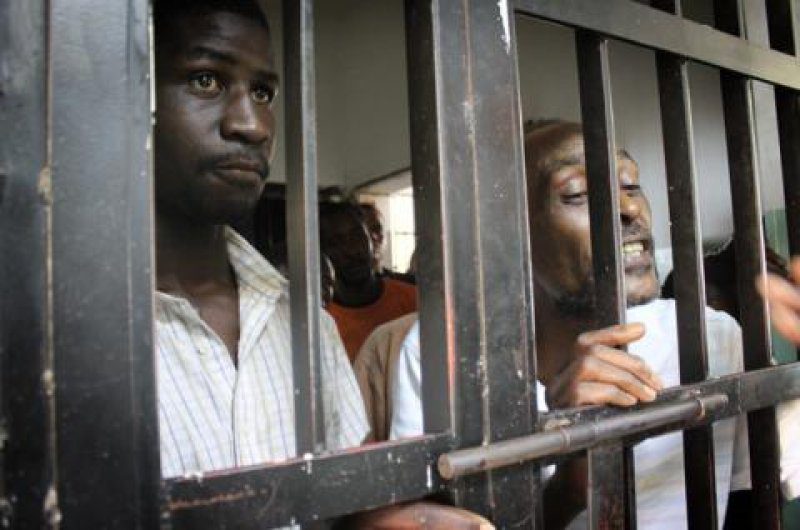
Utilizing Inmate Labour for Infrastructure Development
The government can leverage the skills of a substantial portion of Ghana’s prison population, many of whom can be trained in trades such as masonry, carpentry, plumbing, welding, and more. By providing structured training opportunities for inmates in these areas, the government can not only help bridge the gap in infrastructure development but also allow inmates to contribute to the construction of schools, government buildings, health facilities, and roads.
This approach would reduce the costs of infrastructure projects while providing prisoners with practical work experience that aids in their rehabilitation. To ensure fairness and prevent exploitation, a structured wage system should be implemented. Inmates could receive 50% of the market wage, with half of their earnings allocated for family support and the remainder saved in a trust fund for post-release reintegration. This model not only provides financial support for dependents but also ensures that former inmates have startup capital to rebuild their lives upon release.

Agricultural Initiatives to Boost Food Security and Revenue
Agriculture aligns well with Ghana’s economic priorities. A well-structured prison agricultural program could significantly contribute to food security while reducing government expenditure on inmate maintenance. If each of Ghana’s 16 regions allocated 1,000 acres of farmland for inmate cultivation, substantial economic value could be generated.
Each region could focus on key crops such as maize, tomatoes, onions, cassava, and groundnuts, ensuring year-round production through irrigation and modern farming techniques. While paying inmates 50% of the market wage, some proceeds could be allocated to local community development and the government, out of which government can use part of the proceeds to developed prisons with better sleeping conditions. This revenue-sharing model not only ensures sustainability but also fosters collaboration between prisons, local authorities, and agribusinesses. Additionally, Ghana could enhance this model by introducing agro-processing units within prisons, allowing inmates to produce finished food products for commercial distribution. This would add value to raw agricultural produce, creating additional streams of revenue and employment for not just inmates, but the entire community.
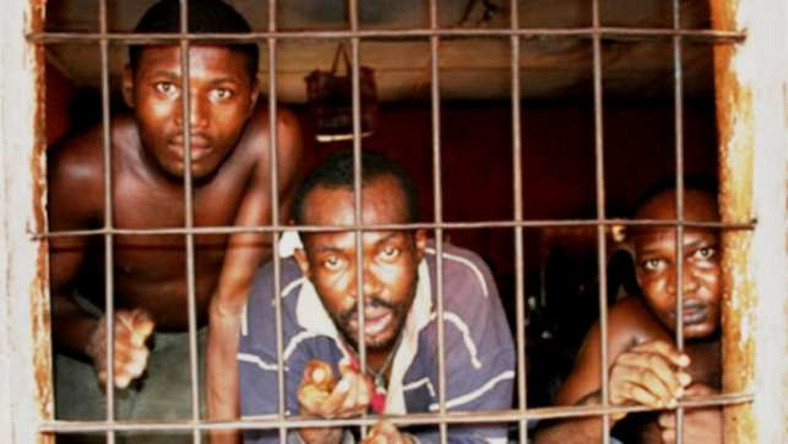
Diversifying Inmate Work Beyond Agriculture
While agriculture provides a strong foundation for inmate rehabilitation, relying solely on farming limits economic opportunities. Expanding into technology, manufacturing, and the creative arts can open new pathways for skill development and revenue generation.
Establishing prison-based IT training centers could equip inmates with skills in coding, data entry, and graphic design, creating employment opportunities through partnerships with non-governmental organisations (NGOs), international social development agencies, universities and private companies.
India’s Tihar Jail has successfully implemented a business outsourcing unit where inmates provide IT services, offering a replicable model for Ghana. Additionally, expanding prison workshops to include furniture production, textiles, and handicrafts can enhance vocational training. Collaborations with local businesses can facilitate the sale of inmate-produced goods in national and international markets, ensuring sustainable economic impact. Creative arts and media production also present valuable opportunities for rehabilitation. Inmates with artistic talent can engage in music production, painting, and writing, contributing to Ghana’s vibrant arts industry.

Potential Resistance and Addressing Ethical Concerns and Human Rights Compliance
Although some sectors have been mentioned as areas the government, can explore, to mitigate concerns from labour unions, human rights groups, and policymakers regarding prison labour potentially undermining free-market employment, Ghana can adopt a structured approach that aligns inmate work with sectors facing labour shortages rather than competing with existing jobs. For instance, according to MoFA, the country faces a deficit of over 100,000 skilled agricultural workers annually, creating an opportunity for structured prison farm programs to fill this gap.
Additionally, the Ghana Statistical Service reports that the construction sector struggles with a 25% shortage of skilled masons, carpenters, and plumbers. By focusing on such underserved industries and ensuring fair wage policies – where inmates earn at least 50% of market wages, with a portion allocated for savings and family support – prison enterprises can serve as a complementary workforce solution rather than a competitor to free labour markets.
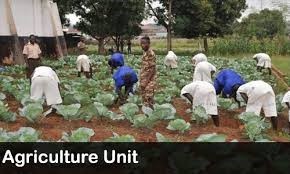
Transparent regulatory oversight and collaboration with industry stakeholders can further ensure that prison labour is ethical, rehabilitative, and aligned with national development goals. Transparent policies must govern inmate work, including fair wage structures that prevent forced labour and ensure that earnings contribute to inmate welfare. Independent oversight bodies should monitor prison enterprises to uphold human rights standards, and inmate participation must be strictly voluntary. Germany’s prison labour program serves as an exemplary model of ethical management. Inmates work under well-regulated conditions, receive fair wages, and benefit from educational opportunities designed to improve their employment prospects after release. Ghana can adopt similar best practices to safeguard human rights while fostering rehabilitation.

Call for Collaboration
To attract investors and sustain financing for prison enterprise initiatives in Ghana, a strategic funding model should leverage partnerships with organizations engaged in social impact investments and correctional reform. The World Bank has supported justice sector reforms and correctional facility improvements in developing nations through various initiatives.
Additionally, the International Labour Organization (ILO) promotes prison labour programs that align with ethical employment standards. Locally, institutions such as the Ghana Investment Promotion Centre (GIPC) and the National Entrepreneurship and Innovation Programme (NEIP) provide incentives for private-sector investment and entrepreneurship, which could be explored for prison enterprise initiatives. Companies engaged in corporate social responsibility (CSR) initiatives, including AngloGold Ashanti and MTN Ghana Foundation, have a history of investing in economic empowerment and vocational training programs, making them potential funding partners.
To ensure long-term sustainability, Ghana’s government could consider implementing a social impact bond (SIB) model, a globally recognized financing approach where private investors provide upfront funding for social initiatives and receive returns based on predefined success metrics, such as reduced recidivism and revenue generation.
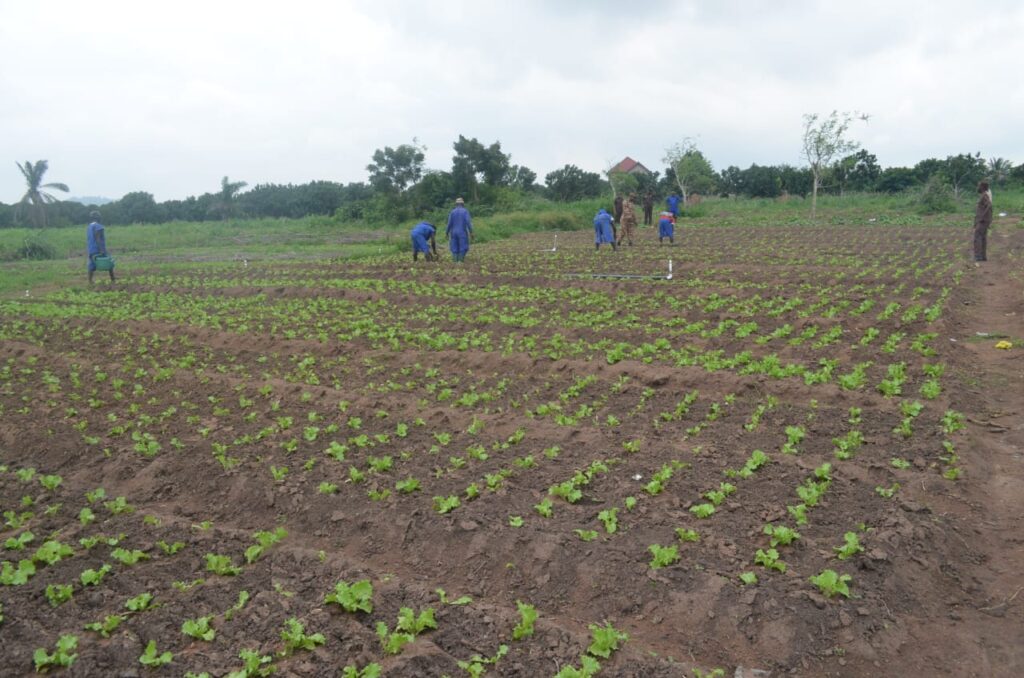
Overcoming Feasibility Challenges
Implementing large-scale prison enterprises in Ghana requires a multi-faceted approach:
• Funding and Investment: Public-private partnerships, reinvestment of revenue from prison
enterprises, and grants from international organizations can provide financial support.
• Legislative Support: Amending prison laws to allow structured inmate labour programs is essential. Advocacy from policymakers, correctional officers, and human rights organizations will be key. Also, attention to the pending Community Service Sentencing Bill (Non-custodial sentences)
• Infrastructure Development: Upgrading and intensifying existing prison facilities to accommodate vocational training centres and production units is necessary for effective implementation.
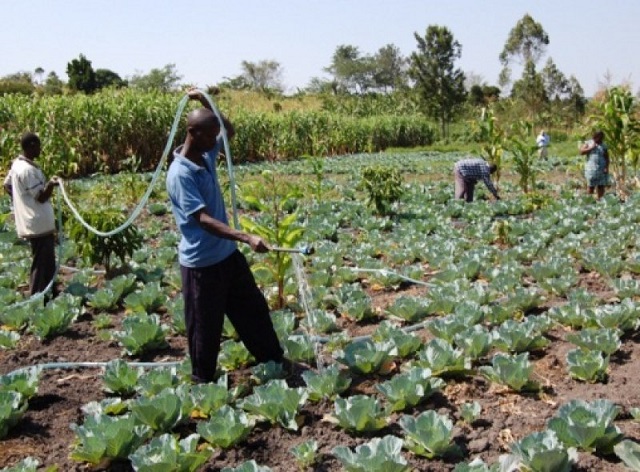
Measuring Success: The Impact of Prison Enterprises
Measuring the success of prison enterprises can be done through several key performance indicators:
• Reduction in Recidivism Rates: Research shows that inmates who undergo vocational training are 43% less likely to reoffend.
• Economic Contribution: Documenting revenue generated through prison enterprises will assess financial viability and sustainability.
• Inmate Reintegration: Monitoring post-release employment rates will help evaluate how well former inmates secure stable jobs.
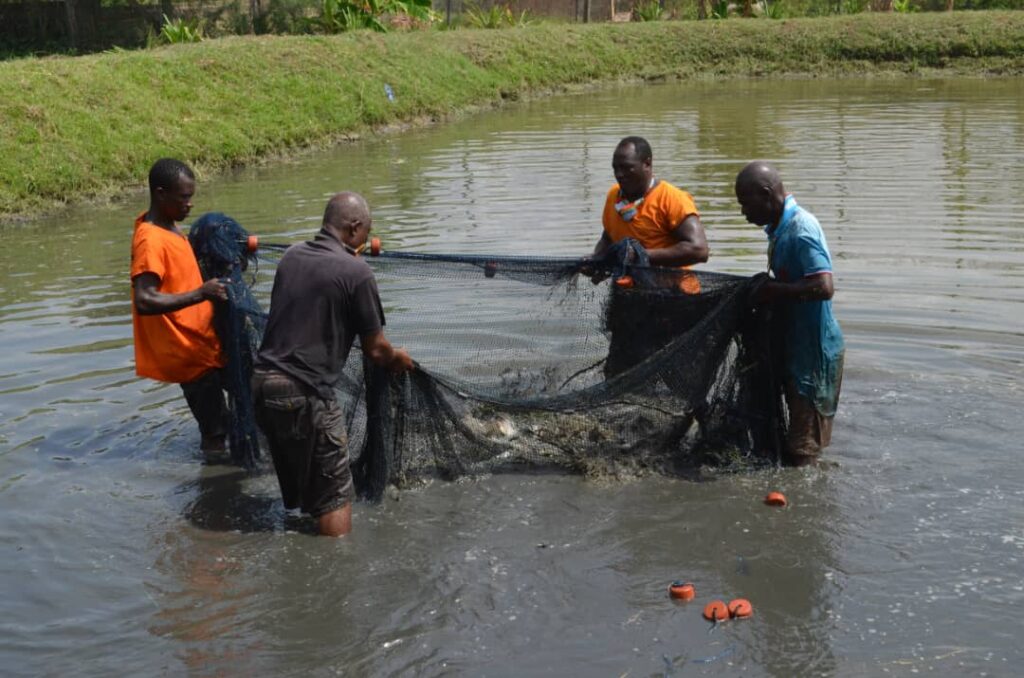
Conclusion
The establishment of prison enterprises presents a transformative opportunity for Ghana to address its overcrowded prisons and infrastructural deficits. By harnessing the labour potential of inmates, implementing structured work programs, and ensuring ethical compliance, Ghana can create a self-sustaining prison system that contributes to national development. Successful models from countries like Norway, Zambia, and India demonstrate that prison enterprises can be both economically viable and socially beneficial.
Ghana stands to gain tremendously by adapting these models to its local context, ensuring that inmates leave prison not as societal burdens but as empowered individuals ready to contribute to the economy. Now is the time for bold reforms. The path to a reformed prison system lies in enterprise-driven rehabilitation – one that benefits not just inmates, but society as a whole.
By Desmond Nana Akuoko Bress-Biney
Sustainable Business and Development Consultant
AdvD|BBA|IIM-PM|MSc
Ghana-USA
S. Adom Anorkwah
Sustainability Practitioner
BA, MSc, LLB Candidate
Accra, Ghana








